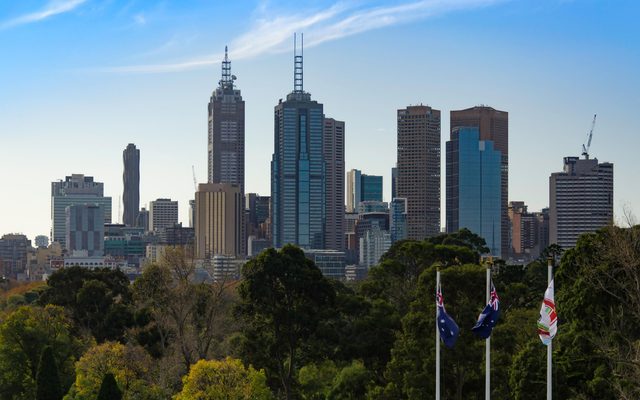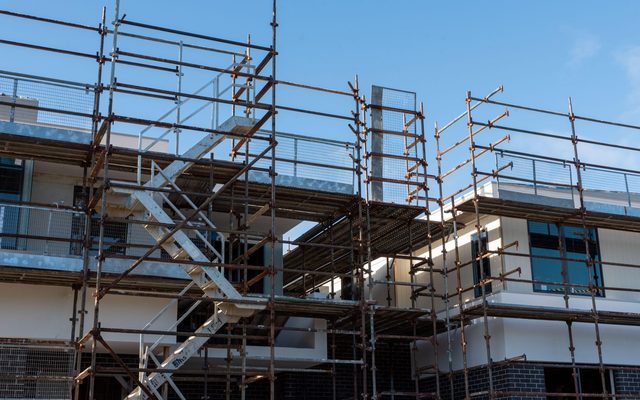This article is from the Australian Property Journal archive
Standard & Poor’s Ratings Services has raised its long-term credit ratings on GPT Group and GPT’s related debt programs and issues to ‘A-‘ from ‘BBB+’.
S&P also reaffirmed its ‘A-2’ short-term corporate credit rating on GPT and assigned a stable outlook.
Yesterday GPT CEO Michael Cameron said the group has made good progress to restore trust and confidence in the company. We still have a lot of work to do to complete that journey.
He also announced that in 2010 GPT is targeting to deliver realised operating income above 2009 and a distribution per security of at least 3 cents (on a pre-consolidation basis).
In 2009, GPT delivered a distribution of 4.5 cents per security which was down on the previous year’s distribution of 17.7 cents.
Since taking over, Cameron has played a role in reducing GPT’s borrowings from $5 billion at December 2008 to $2.2 billion, producing a gearing ratio of 23.5%, well below the covenant level of 40%. At December 2009 the weighted average interest rate across GPT’s debt was 6.83% and the weighted average term was 3.3 years. The cost of debt reflects higher interest rates and increased fees from lenders.
GPT has sold over $1 billion worth of assets as well as exit from the European and United States JV with Babcock & Brown.
Cameron said GPT will ultimately sell the other non–core assets, being the Ayers Rock Resort and the US Seniors Housing Portfolio, however the group’s strengthened balance sheet enables GPT to retain these high yielding, high quality assets until market conditions improve.
S&P credit analyst Craig Parker said GPT has continued to deliver on its strategy of exiting non-core assets, without contingent liabilities.
“Also, GPT’s solid and diversified domestic assets continue to perform in line with our expectations, and GPT is progressing with the extension of its lumpy debt-maturity profile.
“The ratings on GPT reflect our opinion of the group’s meaningful diversity across high-quality retail and office assets in Australia; moderate operating and financing strategy; and limited exposure to property development and other income streams with higher volatility. These strengths are tempered by the group’s ongoing strategy to divest lower quality non-core assets (which continue to require management attention) and lumpy debt-maturity profile,” he continued.
In future Parker expects GPT’s future credit metrics will improve to levels consistent with the ‘A-‘ and ‘A-2’ ratings, given the full-year benefit of last year’s capital raising and other initiatives.
But he warns the ratings could come under pressure if GPT’s investment portfolio underperformed expectations, management deviated from its targeted asset-divestment program, or the group’s credit metrics weakened such that fully adjusted look-through EBITDA interest cover was persistently below 2.5x and funds from operations to debt was below 10%.
“The rating could be raised if GPT adopted a more conservative financial policy and successfully continued with its conservative domestic growth strategy,” he concluded.
Australian Property Journal



